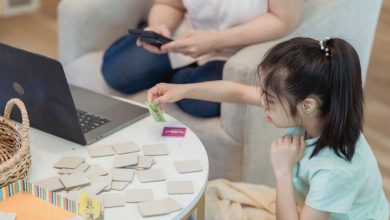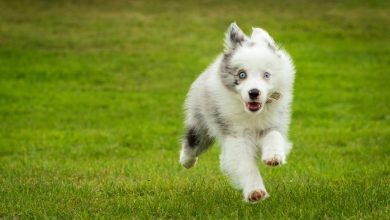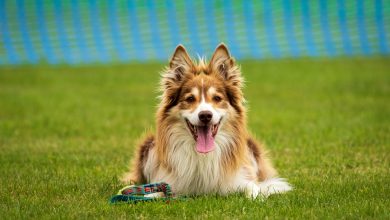How to Stop Your Puppy from Nipping During Play
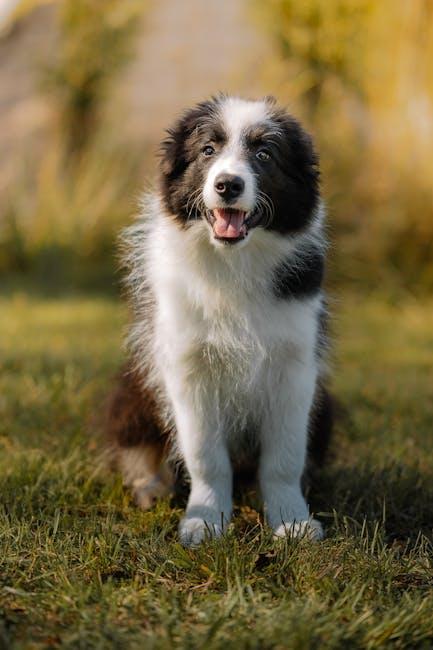
Welcoming a new puppy into your home is an exciting adventure filled with joy, laughter, and a few challenges along the way. One of the most common hurdles new puppy parents face is dealing with those sharp little teeth during playtime. While nipping is a natural behavior for puppies as they explore their world and learn boundaries, it’s important to guide them towards more appropriate ways to interact. In this article, we’ll walk you through effective and gentle strategies to curb nipping behavior, helping you foster a harmonious and fun-filled relationship with your furry friend. With patience and consistency, you can teach your puppy to play safely and sweetly, ensuring that playtime remains a cherished part of your daily routine.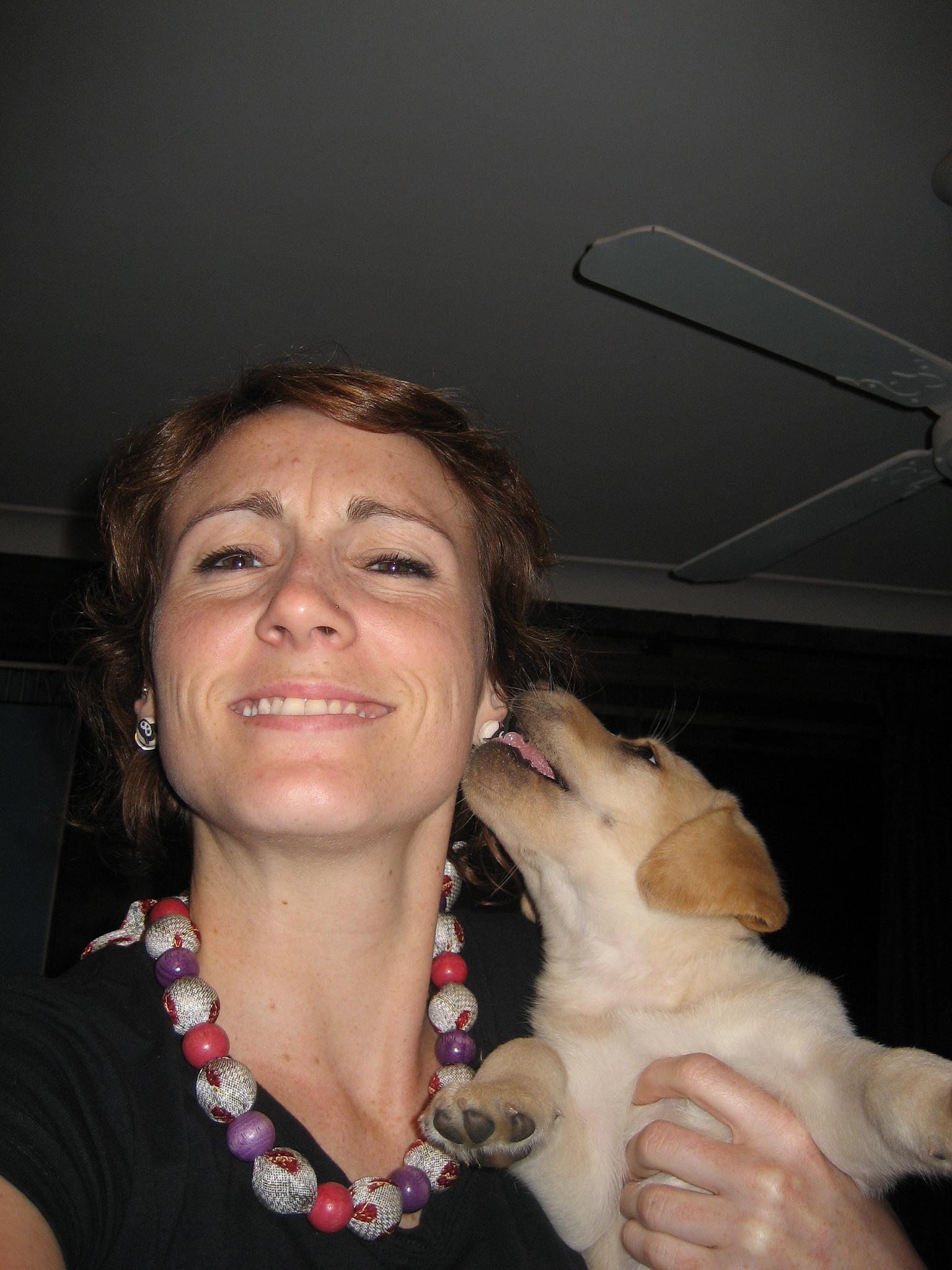
Understanding Why Puppies Nip and How to Respond
Puppies explore the world with their mouths, which often leads to nipping during play. This behavior is a natural part of their development, but it’s essential to guide them towards more appropriate play habits. Understanding why puppies nip can help you respond effectively and foster a healthy relationship with your furry friend.
Reasons for Nipping:
- Teething: Just like human babies, puppies go through a teething phase where chewing helps soothe their sore gums.
- Play and Exploration: Puppies use their mouths to learn about their environment, and nipping is often a way to engage in play with their human companions.
- Attention-Seeking: Sometimes, puppies nip to grab your attention, especially if they’ve learned it gets a reaction from you.
How to Respond:
- Redirect with Toys: Always have chew toys on hand to redirect their nipping behavior to something appropriate.
- Consistency is Key: Use consistent commands like ”no bite” or “gentle” to teach boundaries.
- Positive Reinforcement: Reward your puppy with treats and praise when they play gently without nipping.
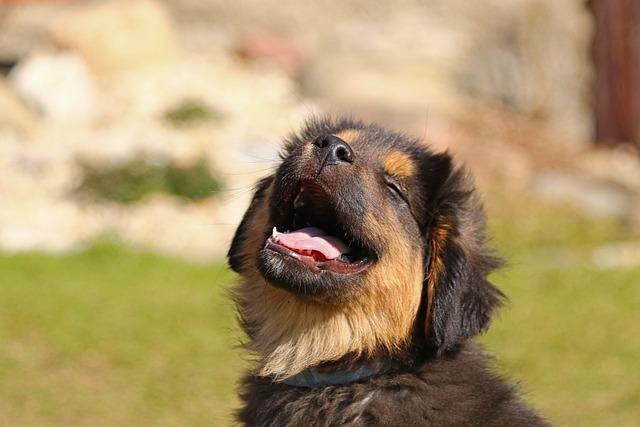
Creating a Consistent Training Routine for Your Puppy
Building a consistent routine is essential in guiding your puppy’s behavior and helping them understand boundaries. Start by setting aside specific times each day for training sessions, ensuring they are short and engaging to maintain your puppy’s attention. Repetition is key, so practice commands like ”sit,” “stay,” and “gentle” regularly to reinforce good behavior. Use positive reinforcement, such as treats or praise, to reward your puppy when they exhibit the desired behavior.
Incorporate these elements into your training routine to prevent nipping:
- Redirect Attention: Offer chew toys as alternatives when your puppy starts to nip, teaching them what is acceptable to bite.
- Socialization: Expose your puppy to various environments and other dogs to teach them how to play gently.
- Consistency: Ensure all family members use the same commands and rewards to avoid confusion.
- Patience: Remember that learning takes time, and patience is vital in helping your puppy understand what is expected.
By embedding these practices into your daily routine, you’ll create a supportive environment that encourages your puppy to play nicely without resorting to nipping.
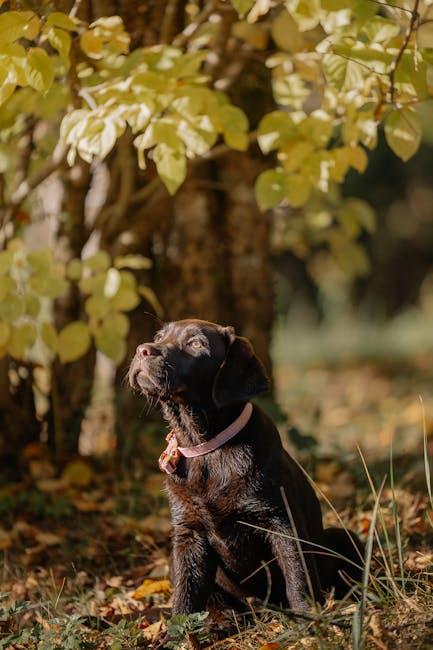
Effective Techniques to Redirect Your Puppys Energy
Redirecting your puppy’s energy can transform those playful nips into positive interactions. Consider incorporating these effective techniques into your routine:
- Interactive Toys: Provide a variety of chew toys and puzzles that challenge your puppy mentally and physically. Rotate them regularly to keep your puppy engaged and curious.
- Training Sessions: Short, fun training sessions using positive reinforcement can help focus your puppy’s energy on learning new commands and tricks.
- Structured Playtime: Schedule regular play sessions that include activities like fetch or tug-of-war. These games not only burn energy but also strengthen your bond.
- Socialization: Arrange playdates with other puppies or well-behaved adult dogs. This provides an opportunity for your puppy to learn appropriate play behavior.
- Regular Exercise: Ensure your puppy gets plenty of physical activity through walks, runs, or supervised play in a secure area. This helps to release pent-up energy in a healthy way.
Implementing these techniques can significantly reduce unwanted nipping behavior while promoting a well-balanced and happy puppy.
Building Positive Habits with Rewards and Reinforcement
Creating a positive environment for your puppy to learn involves understanding the power of rewards and reinforcement. By focusing on positive reinforcement, you can effectively guide your puppy away from nipping habits. When your puppy refrains from nipping during play, immediately reward them with a treat or verbal praise. This reinforces the behavior you want to see. Keep these rewards consistent and timely to help your puppy make the connection between good behavior and positive outcomes.
- Use Treats: Small, tasty treats are a great way to reward your puppy for good behavior.
- Verbal Praise: A cheerful ”good job” or ”well done” can work wonders in reinforcing positive actions.
- Playtime: Extend playtime or introduce a favorite toy when your puppy behaves well.
- Affection: Gentle petting or a quick cuddle can serve as a powerful reward.
Remember, consistency is key. Each time your puppy exhibits the desired behavior, make sure they are rewarded. This not only strengthens the bond between you and your puppy but also lays a strong foundation for more advanced training in the future.
